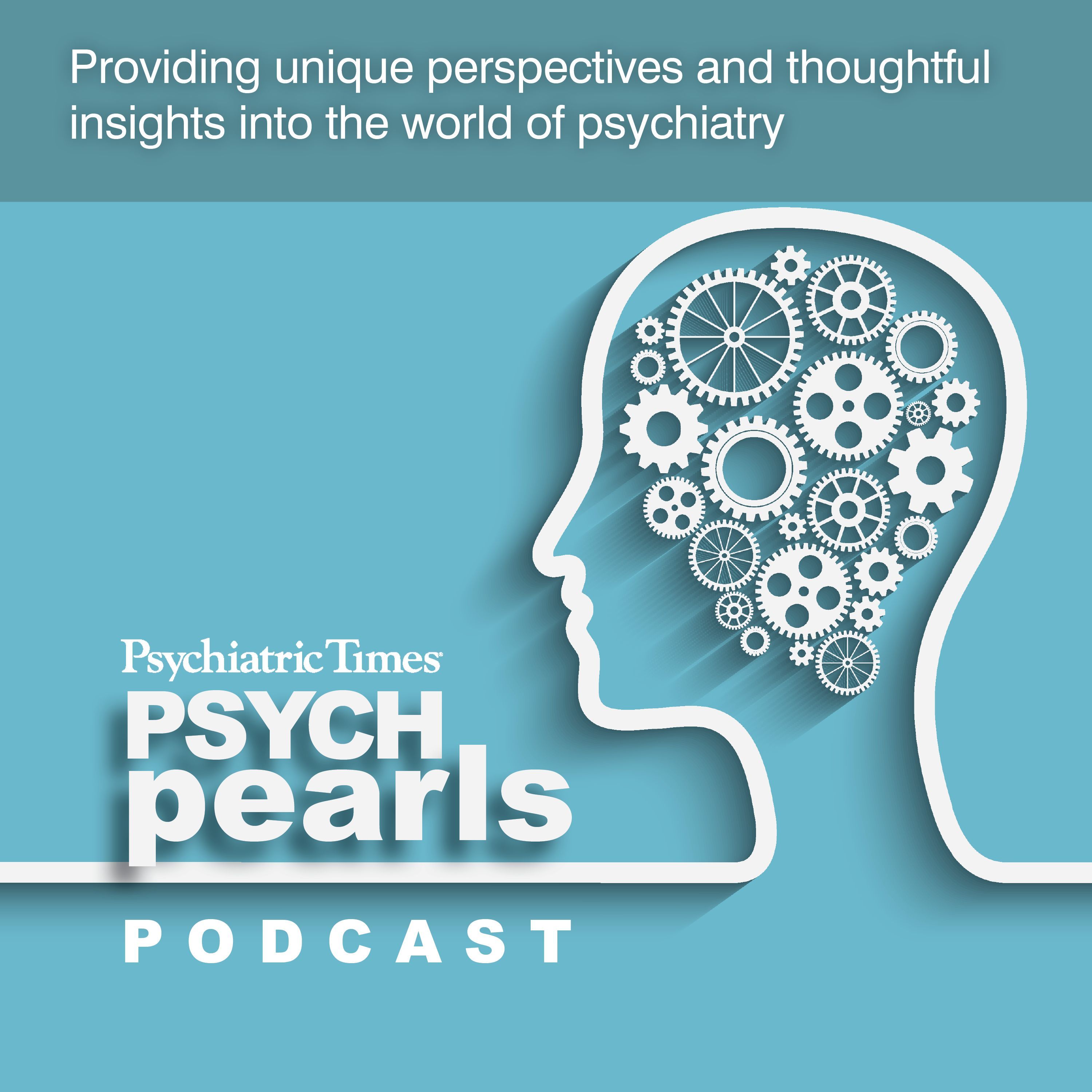News
Article
Anxiety Research Roundup: November 24, 2023
Author(s):
What is new in research on anxiety symptoms and disorders?
science thodonal_AdobeStock

In this Research Roundup, we explore new studies on anxiety symptoms and disorders in special patient populations, including perinatal patients, patients with autism, and patients with facial scarring.
Perinatal Anxiety and Depression in Patients in Low- and Middle-Income Countries
This systematic review and meta-analysis examined the prevalence of anxiety and related disorders during pregnancy and in the year following birth among patients in low- and middle-income countries (LMICs). The study identified a high prevalence of anxiety disorders during the perinatal period, with 1 in 5 patients experiencing generalized anxiety disorder while pregnant or postpartum.
“This systematic review and meta-analysis highlights the substantial burden that anxiety and related disorders may place on [women in LMICs],” the investigators concluded. “Perinatal mental health is essential for improving outcomes for women and their children and for reducing the inequities between high-income countries and LMICs.”
Reference
Roddy Mitchell A, Gordon H, Atkinson J, et al. Prevalence of perinatal anxiety and related disorders in low- and middle-income countries: a systematic review and meta-analysis. JAMA Netw Open. 2023;6(11):e2343711.
Prevalence of Anxiety and Depression in Patients With Facial Scarring
This study explored the psychological impact of facial scarring, emphasizing the limited attention given to anxiety and depression in the literature compared to the focus on biological mechanisms of scar formation. The study, based on a cohort of 220,654 patients with facial scars, revealed a higher incidence of anxiety disorders and depression in this group compared to a matched control population. Risk factors identified included age, history of anxiety or depression, female gender, and deprivation.
“There is a high burden of anxiety disorders and depression in this patient group,” the investigators concluded. “Risk of these mental health disorders is very much determined by factors apparent at the time of injury, supporting the need for psychological support.”
Reference
Gibson JAG, Dobbs TD, Griffiths R, et al. The association of anxiety disorders and depression with facial scarring: population-based, data linkage, matched cohort analysis of 358 158 patients. BJPsych Open. 2023;9(6):e212.
Psychological Therapy Services for the Treatment of Anxiety and Depression in Adults With Autism
This study investigated the effectiveness of primary care psychological therapy services in the treatment of depression and anxiety in adults with autism. In the study, the investigators compared outcomes for adults with and without autism who received psychological therapy services. The findings suggest that adults with autism may experience less improvement and more deterioration in their symptoms compared to adults without autism, highlighting the need for tailored mental health services for this population.
“Evidence-based psychological therapy for depression or anxiety might be effective for autistic adults but less so than for adults without identified autism,” the investigators concluded. “Treatment moderators appear different for autistic individuals, so more research is needed to allow for better targeted and personalized care.”
Reference
El Baou C, Bell G, Saunders R, et al. Effectiveness of primary care psychological therapy services for treating depression and anxiety in autistic adults in England: a retrospective, matched, observational cohort study of national health-care records. Lancet Psychiatry. 2023;10(12):944-954.
Note: This Research Roundup was prepared with the assistance of ChatGPT and ChatPDF.
Let us hear from you! Want to share your insights with colleagues on the latest research on anxiety disorders, psychedelics, and other psychiatric disorders, treatments, and issues? Write to us at PTEditor@mmhgroup.com.
Newsletter
Receive trusted psychiatric news, expert analysis, and clinical insights — subscribe today to support your practice and your patients.






